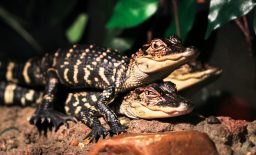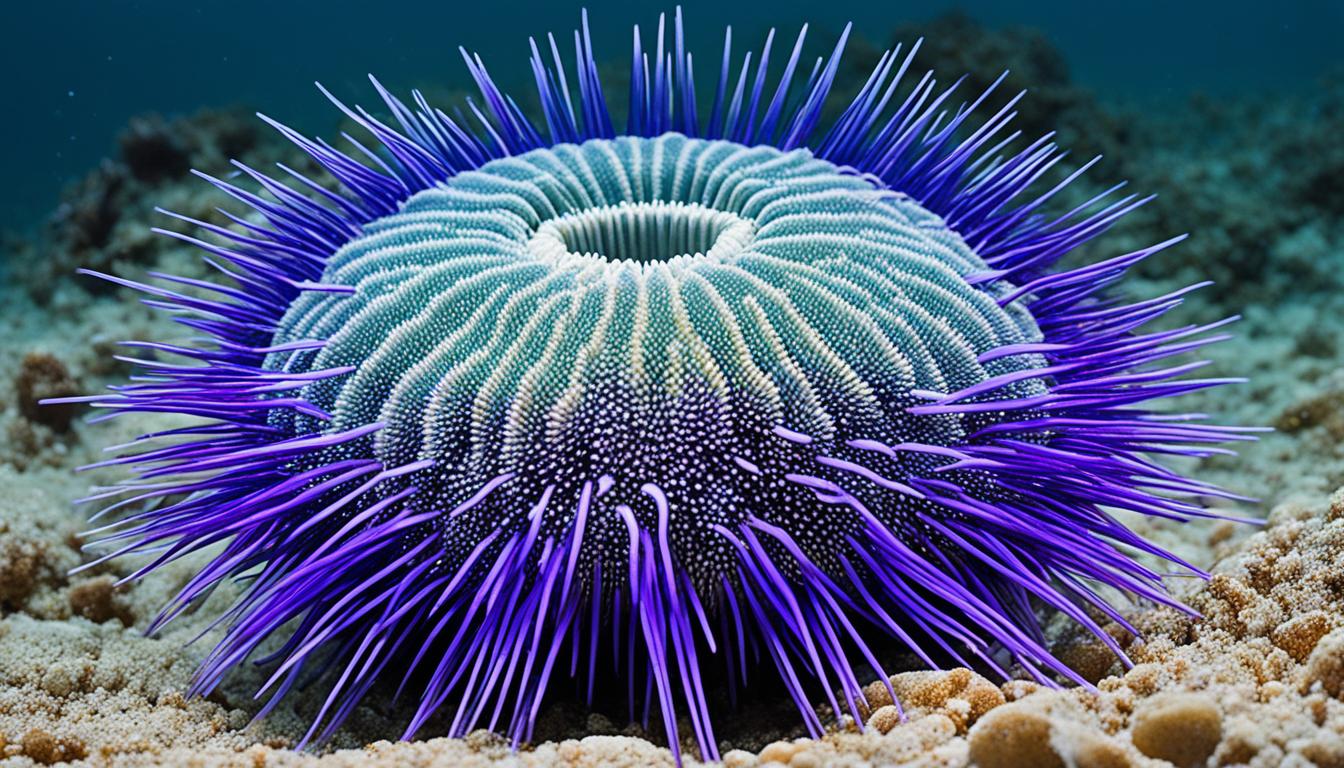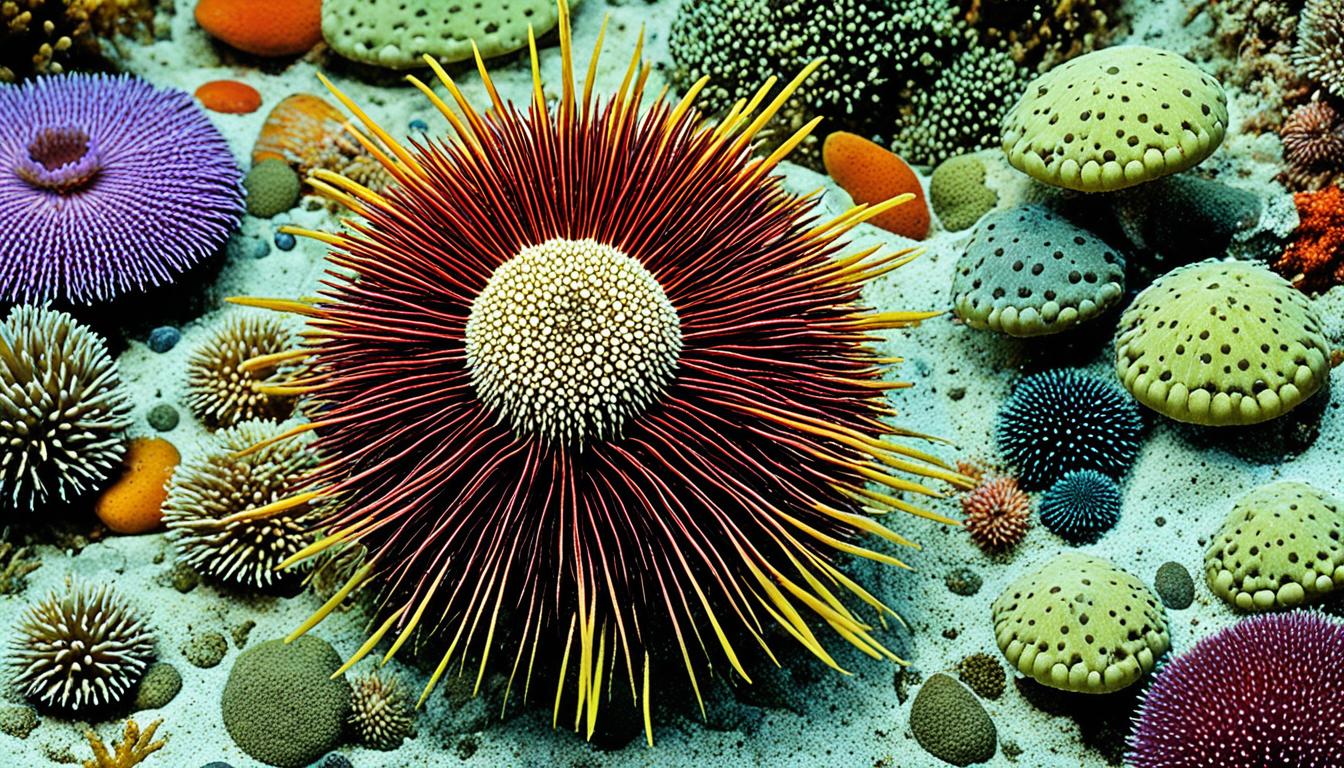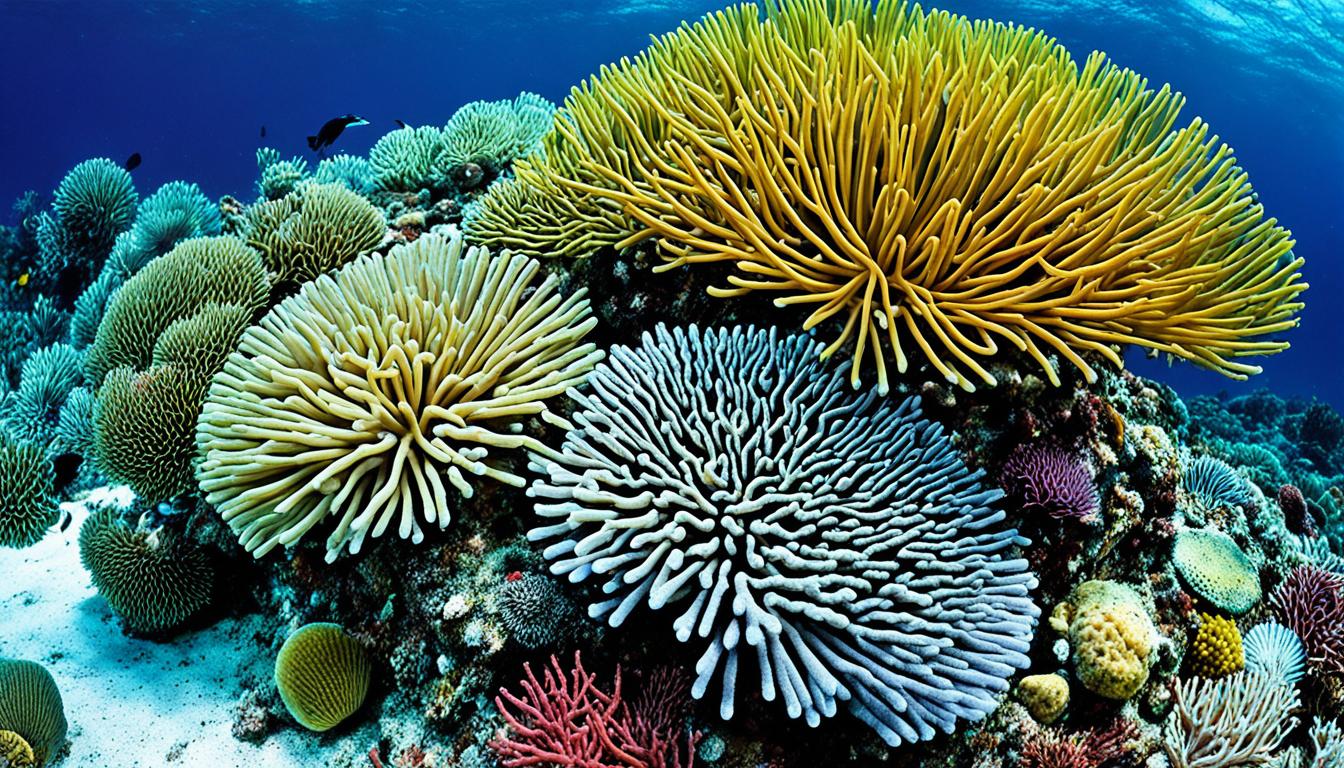Crocodiles – like most reptiles – lay eggs. They build or excavate a nest area beside a river and lay their clutch, which takes nearly 3 months to incubate.
Do Crocodiles Lay Eggs Or Give Birth To Live Young?

American Crocodiles (Crocodylus acutus) is one of four New World crocodiles in the Caribbean/Central American area who all reproduce by laying eggs. Reptiles, in general, are egg layers (oviparous), although some have more recently evolved to be viviparous (giving birth to live young) such as garter snakes, boas, and skinks.
These have the advantage of immediately moving around and hiding away from predators – something that eggs can’t do. However, mother crocodiles often stay within ear-shot of their nest and will ward off most predators.
Crocodiles stayed within the egg-laying branch of the family along with alligators, caiman, and gharials who all lay hard-shelled eggs. Sexually mature females over the age of 10 years who have reached a certain trigger weight will lay a clutch of eggs into the soft, cool earth and build up a shallow mound on top of it.
Their eggs are very dependent on the temperature of the ground and so different crocodiles lay their eggs at different times and different places depending on this as a key factor. Unlike birds, crocodile eggs are born unsexed – the sex of the young isn’t predetermined by their chromosomes. It is the temperature that determines whether they grow up male or female. Mother crocs will sometimes build up or shallow out a nest if the temperature varies too much from ideal. It is a delicate business in the wild – but a very useful tool for captive-bred individuals.
How Many Eggs Does A Crocodile Lay?
The crocodiles go for the ‘more is best’ approach to young – laying up to 60+ eggs in one clutch. Some larger/older crocodiles can lay many more and younger/smaller females often many less. Regardless of the number, the nest-building process remains the same – with the same digging technique and locations. All the eggs are hard-shelled although they are translucent when first laid, only becoming solid white just before hatching.
Crocodile eggs are about the same size as a large chicken egg but are a different shape. Reptile eggs don’t have one end larger than the other and are certainly not pointed at the end. They are more capsule-like and symmetrical at each end. They are also considerably heavier at around 85g (3oz) – where a large chicken egg only weighs around 57g (2oz).
Where Do Crocodiles Lay Their Eggs?
Depending on the available habitat – a crocodile would prefer to lay their eggs in soft earth alongside a river or waterway in a slightly protected or overgrown area. This not only allows the young (when hatched) easy access to the water but helps with temperature maintenance. A shaded area close to water will remain cooler in the high daytime temperatures of their habitat range.
They tend to lay their eggs in March or April and the soft sedimentary or clay soils are easy for mum to dig. A large flat area of earth found in an otherwise leaf and twig-covered woodland area is almost certainly a crocodile nest – but take care – mum is always close by. Predation of crocodile eggs is quite common – with the raccoon being the most likely thief. Other predators might be bears, birds and even other reptiles – so mum is usually watching out for any disturbance.
She has to listen out for the young to start chirping just before they hatch – so if she can hear a newborn crocodile that is buried underground – she will certainly hear you!
How Do Whales Reproduce and Give Birth?
The whale reproduction process is fascinating. Whales reproduce sexually, with males competing for female attention. After mating, the female undergoes a pregnancy that lasts around 12 months. When giving birth, females typically do so in warm, shallow waters and, astonishingly, do not use any tools or assistance.
Do Crocodile Have Scales or Skin That Resemble Eggs?
Do crocodiles have scales or skin that resemble eggs? The answer lies in crocodiles’ skin and scale composition. Crocodile skin is covered in scales, which are tough and bumpy. While these scales may not exactly resemble eggs, they do provide protection and help regulate body temperature. So, it’s their unique skin composition that sets crocodiles apart from other reptiles.
Can You Eat Crocodile Eggs?
If you were thinking of going out and finding yourself a haul of crocodile eggs for a feast – the American Alligator is listed as ‘threatened’ by the IUCN – so poaching their eggs without the right permit will be illegal, unethical, and also highly dangerous.
However, there are many crocodile farms that can supply you safely and legally with crocodile eggs which are reputed to be delicious AND healthy. Crocodile eggs don’t have a yolk though – they are all egg white. Something that freaks a lot of people out and puts them off trying them. However, the taste more than makes up for it apparently.










